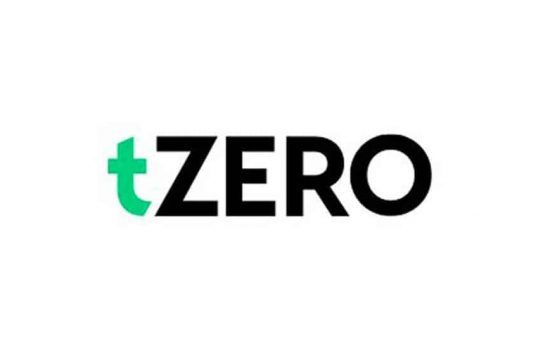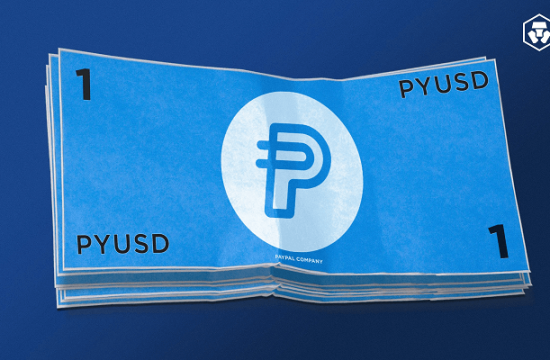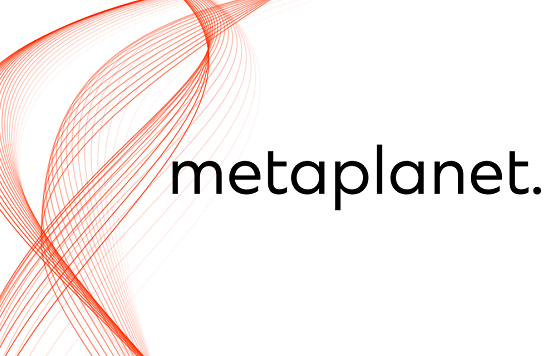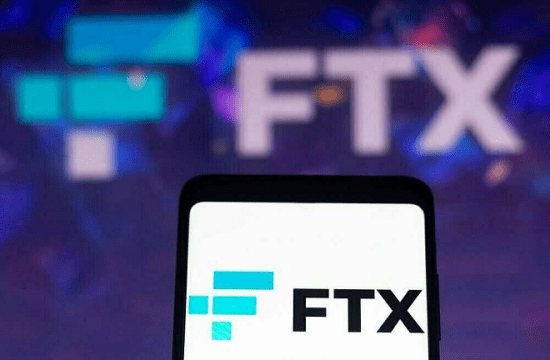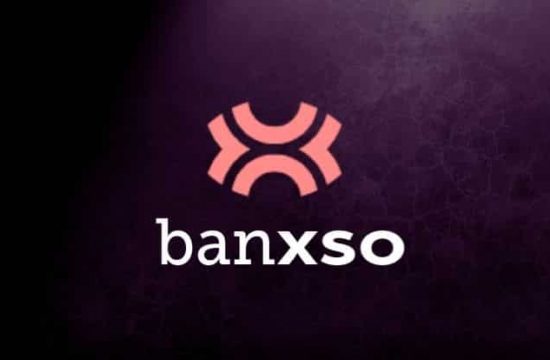The Internet Computer Protocol (ICP) has announced a major update with the integration of threshold-Schnorr signatures and on-chain Bitcoin block headers. This upgrade significantly enhances Bitcoin’s functionality and offers developers new tools to build advanced Bitcoin-native applications. Learn how this milestone opens up innovative opportunities in the blockchain space.
The Internet Computer Protocol (ICP), a cutting-edge decentralized blockchain network designed to enhance Web3 capabilities beyond traditional blockchains and smart contracts, has reached a major milestone with the successful integration of threshold-Schnorr signatures and on-chain Bitcoin block headers. This integration, part of the Deuterium milestone, represents a significant advancement in blockchain technology and opens up new possibilities for Bitcoin-based applications.
Bitcoin is experiencing a substantial transformation, evolving from its traditional role as digital gold into a crucial infrastructure for a decentralized economy. This shift is underscored by recent statistics: Runes and BRC20 tokens are now generating three times the transaction volume compared to regular BTC transactions on the network. Furthermore, the Bitcoin ecosystem has seen over 68 million Ordinals inscriptions with a total transaction fee of $459 million, and more than 15 million Runes transactions, indicating a significant increase in builder and user activity.
Despite this progress, the Bitcoin network’s lack of native support for smart contracts has been a significant hurdle for developers looking to build innovative solutions. The Deuterium milestone addresses this issue by introducing two key functionalities:
– Threshold-Schnorr Signing: With this update, ICP smart contracts can now directly generate Schnorr signatures. This capability allows for the decentralized inscription of Runes, the recording of Ordinals, the direct handling of BRC-20 tokens on Bitcoin Layer 1, signing of Taproot transactions, and much more. These enhancements enable a wider range of applications and use cases that were not previously feasible on the Bitcoin network.
– Advertisement –
– On-Chain Bitcoin Block Headers: Prior to this milestone, ICP supported only Bitcoin’s UTXO set. The Deuterium update extends this integration by providing access to the complete content of Bitcoin blocks. This is becoming increasingly important as new meta protocols use block headers to store additional data, making this feature a valuable addition for developers.
Lomesh Dutta, VP of Growth at the DFINITY Foundation, said, “Most Bitcoin meta protocols, like Ordinals and BRC20, use Taproot transactions that rely on Schnorr signatures. With tSchnorr, ICP smart contracts can now natively sign Bitcoin transactions, enabling developers to create a wide range of use cases like etching runes, DeFi lending markets backed by Ordinals, or infrastructure such as decentralized indexers. We’re already seeing a major surge in developers adopting tSchnorr, and we believe this will significantly accelerate development in the Bitcoin ecosystem.”
Here’s how specific projects within the ICP ecosystem are set to benefit from these new features:
– Omnity Network: The integration of threshold-Schnorr signatures will significantly enhance Omnity’s capabilities. It will allow Omnity to manage Bitcoin Taproot assets and establish connections with other blockchains, such as Solana and Osmosis, which use the ed25519 signature scheme. The Bitcoin Canister block header data enabled by the Deuterium milestone will also enable Omnity to verify Bitcoin blocks independently from public RPC services, ensuring a high level of trustlessness and reliability.
Louis Liu, the founder of Omnity Network, said, “Omnity currently employs Chain Key, ECDSA, Bitcoin integration, EVM RPC canisters, and is building a Solana spoke in anticipation of the Deuterium Milestone. We’ve created the first on-chain indexer for Bitcoin meta protocols and will use Bitcoin Canister block header data from the Deuterium Milestone to verify blocks from public RPC services, ensuring trustlessness by removing reliance on these services. We’re also undoubtedly excited to be able to support BRC20.“
– Bioniq: With a user base of over 50,000 active members, Bioniq plans to utilize threshold-Schnorr signatures to facilitate seamless cross-chain asset transfers. As the first Layer-2 solution for Bitcoin Ordinals, Bioniq aims to improve the efficiency of trading, minting, and displaying Bitcoin-based digital art and collectibles, while maintaining minimal transaction fees and rapid finality.
Bioniq CEO Bob Bodily commented, “Building Bitcoin applications on ICP has been fantastic due to the incredible Bitcoin integration protocol primitives on ICP, like the threshold ECDSA signing subnet and the Bitcoin light node running fully on chain. And now, with the upcoming Deuterium milestone, we get a threshold Schnorr signing subnet too along with block headers in the BTC light node.”
– Helix Markets: The new threshold-Schnorr signatures will allow Helix users to trade ICP tokens and other assets seamlessly, without the need for asset bridging or wrapping. This enhancement positions Helix to integrate with major and rapidly growing crypto ecosystems like Solana, potentially reaching up to 10 million active users and $56 billion in monthly trading volume.
“With the Threshold Schnorr module on the Internet Computer, we’ve finally cracked the code to seamless cross-chain interactions,” said the Helix Markets Co-founder Gorazd Ocvirk. “Our canisters can now hold and spend Bitcoin and Solana like they’re just another asset in the digital realm. It’s like having a universal translator for blockchains, allowing us to communicate and transact with ease. And the secret key? It’s like a riddle wrapped in an enigma, keeping our digital assets safe and sound.”
These advancements demonstrate that it is now possible to securely access Bitcoin’s liquidity and user base without relying on asset bridging or wrapping. Developers interested in creating Bitcoin-related applications can explore available bounties and visit the DFINITY developer forum for further information and support.
About the Internet Computer Protocol (ICP)
The Internet Computer Protocol (ICP) is a decentralized cloud 3.0 solution designed to enable developers to create and manage services and enterprise systems directly on a public blockchain network. ICP offers unmatched scalability, allowing applications to run efficiently on a global scale.
Services built on ICP benefit from a high level of security and immutability, ensuring they are tamper-proof. This protocol facilitates seamless, trustless interactions with both traditional web 2.0 platforms and other blockchain networks. Its design emphasizes speed, cost-efficiency, and energy conservation, setting a new standard for decentralized networks in the Web3 era.



